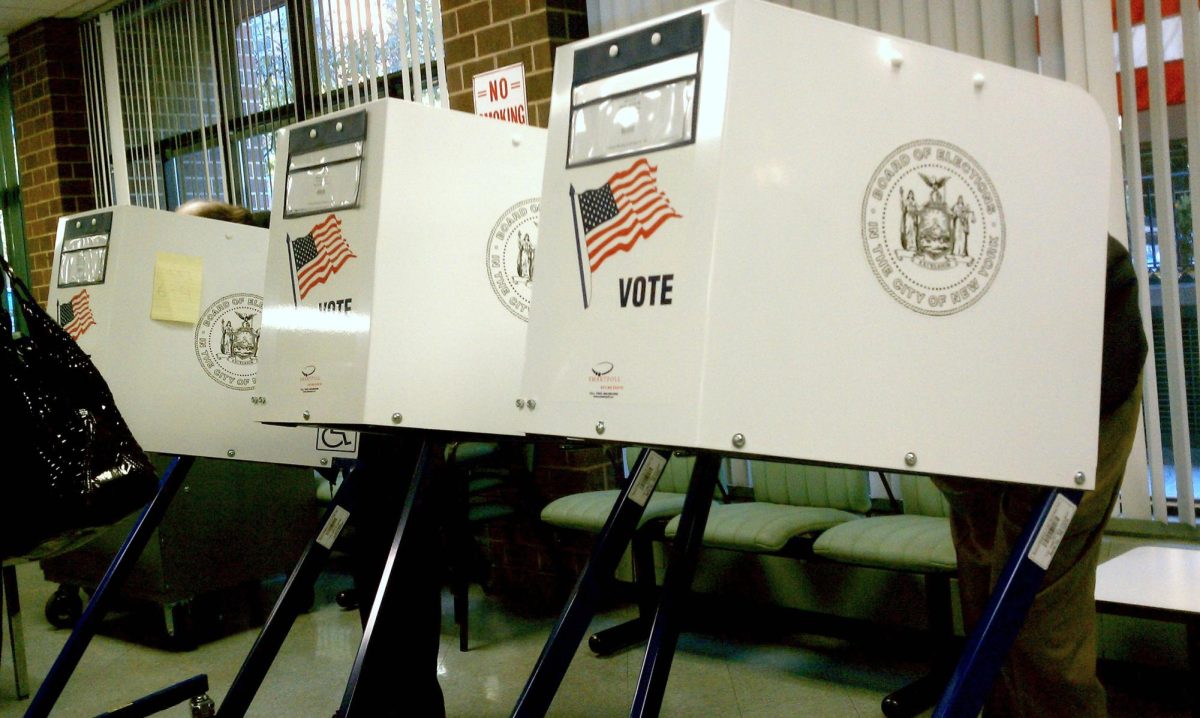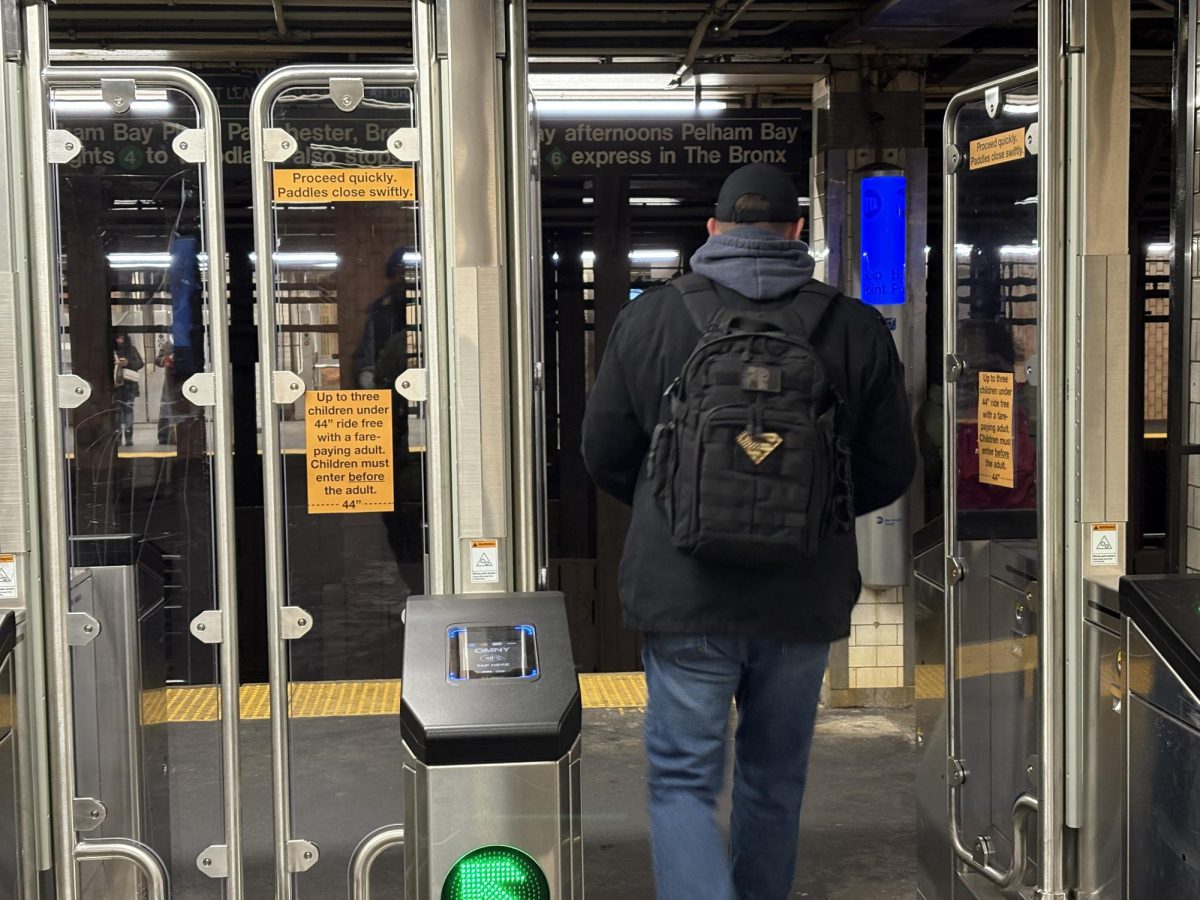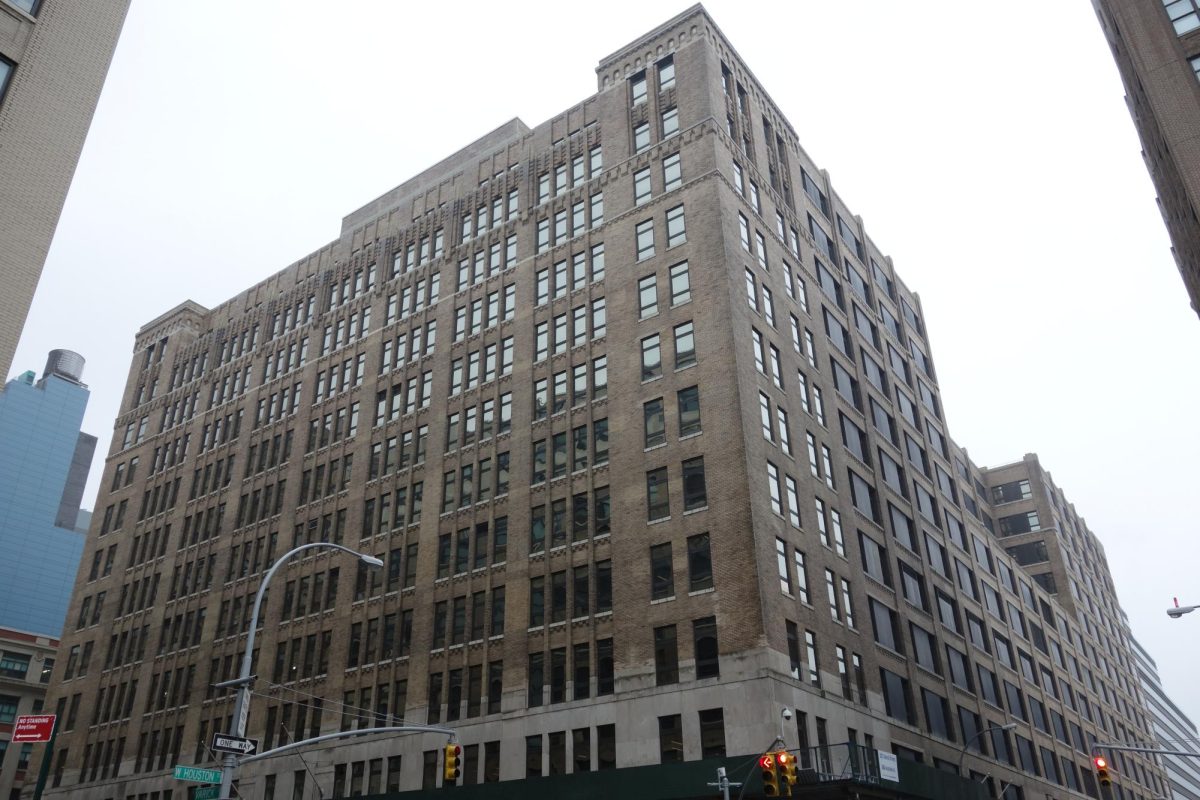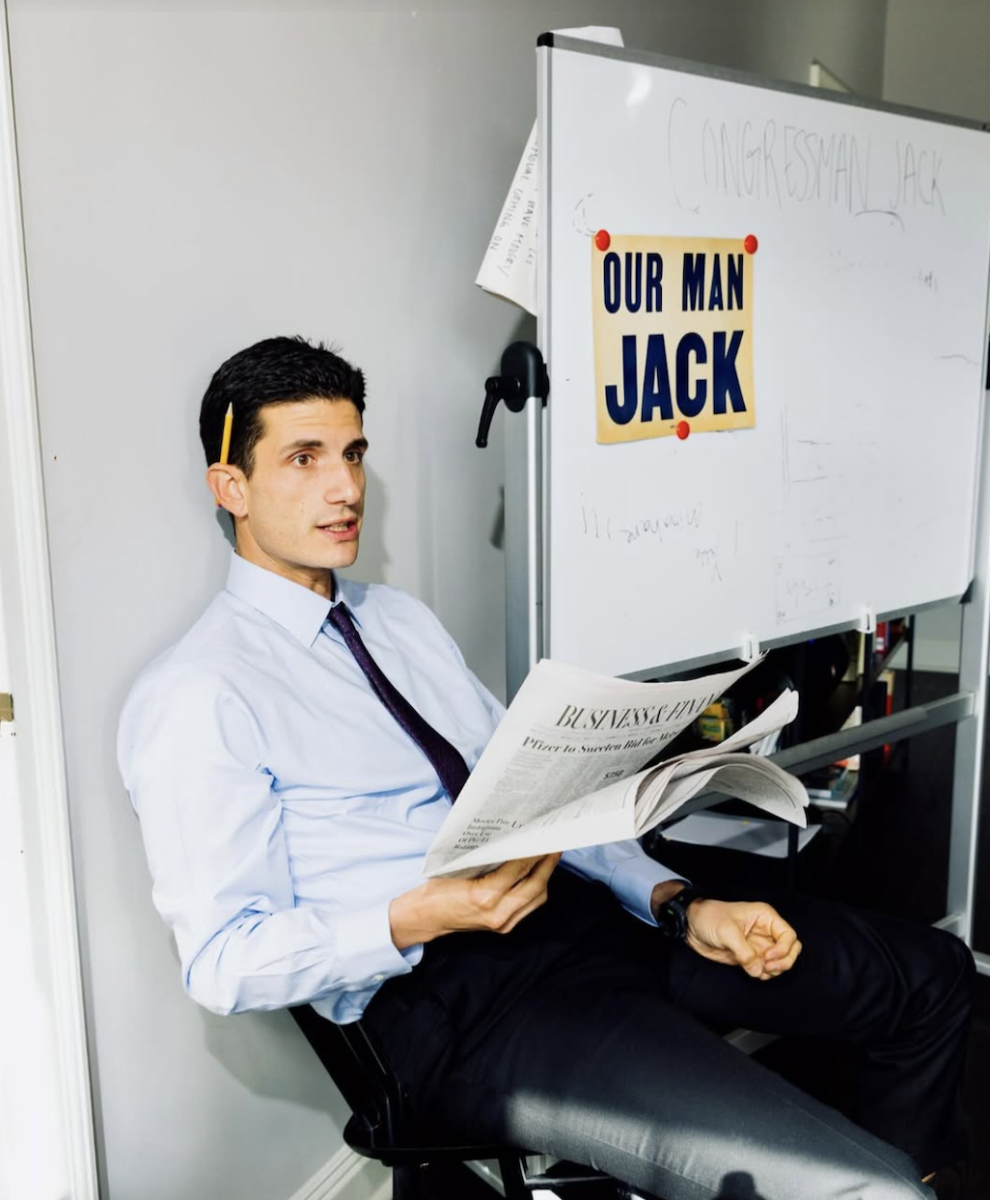Another chance to enshrine America’s democratic process has, yet again, been brought to the Halls of Congress as Americans rallied to the polls on Election Day. It was a bi-partisan company of representatives that introduced the straightforward bill that aimed to elevate the first Tuesday of November to the status of a federal holiday.
The bill was brought to the floor by Representatives Brian Fitzpatrick and Debbie Dingell – hailing from Pennsylvania and Michigan respectively – with the intent to promote ballot access and provide more accessibility to those who otherwise find it difficult to cast their ballots in person. These representatives released a two-page motion, stating that Election Day would become a recognized federal holiday.
If Election Day was made a federal holiday and Americans were given time off from school and work, these obligations would no longer interfere with Americans’ ability to vote. Therefore, Americans would be vested with the security of voting at their designated polling station on Election Day at their discretion. It is unclear if it will be required of businesses to be closed on Election Day if this bill is passed.
This proposal would not be the first. In fact, it is a bill that normally surfaces in the House and Senate all throughout the year. Several arguments tend to come up that prohibit the passing of the bill which prevents the process of recognizing Election Day as a federal holiday from moving forward. Some concern lies with how the profits of businesses might be impaired if they are adding another holiday to their office schedules. The constant surfacing of this proposal might also be interpreted as a reflection of another relevant concern cited by pundits and politicians alike – that being voter turnout.
According to the American Presidency Project, voter turnout for presidential elections since 1965 tends to hover around 54%. This statistic pales in comparison to the voter turnout found in the last presidential election in 2020. According to the U.S. Census Bureau, roughly 66.8% of age-qualifying voters came to the ballots that year. The Institute for Democracy & Higher Education reported that college students came out in a similar percentage to the overall population – a record high of 66%.
Though federal holiday status would certainly free up a person’s schedule to rally at the polls, those of the liberal persuasion have suggested that other proposals should be considered before jumping to recognizing the day. Increased mail-in voting, automatic registration, same-day registration and voting rights to felons have been floated in the past as a more comprehensive measure to ensure voter turnout improves in the United States.
That being said, time will tell whether the Election Day bill will pass. Though this past election saw a number of local positions and some significant ballot measures reach the ballot, next year is slated to be an exceptionally competitive election – with voter turnout serving as a key component of both presidential candidates’ election strategies.









Soothsayer • Nov 20, 2023 at 1:22 pm
What about the illegal trends that is constantly undermining the economy in trade and investment strategies for corporate takeovers. The quality and quantity of goods ends up in the hands of managers that determine and decide who gets to benefits true